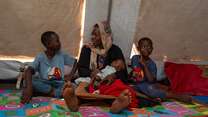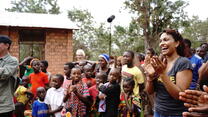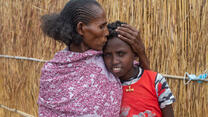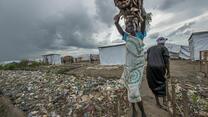The International Rescue Committee has been working in Tanzania with persons with disabilities in Nyarugusu refugee camp and the surrounding host community in Kasulu district since 2015. The IRC’s These Rights are Mine (TRM) project – a 30-month project funded by the European Commissions Instrument for Democracy and Human Rights (EIDHR) – uses a rights-based approach to ensure that persons with disabilities are able to claim their rights and that government authorities and civil society organizations acting on their behalf are able to deliver on these rights. This survey aims to establish baseline information about disability rights in the IRC’s area of operations, assessing the needs of persons with disabilities as well as barriers faced by them in everyday life.
Findings:
- Knowledge of frameworks and instruments that ensure rights of persons with disabilities is significantly low among persons with disabilities. Knowledge is higher among refugees (35%) than the local Tanzanian population in Kasulu district (13%).
- A large proportion of persons with disabilities do not know where to seek redress for rights violations, such as discrimination and violence. Lack of knowledge is more widespread among the host community (55%) than the refugees (37%).
- A significant number of persons with disabilities experience either violence or discrimination due to their disability. Almost 60% of refugees reported experiencing either discrimination or violence compared to almost 40% in the host community.
- Services accessed by both populations largely mirror one another, with health services among the most accessed, and police and legal services the least accessed. Host community members are generally more satisfied with the services they receive (61%) than refugees (44%).
- Significant barriers exist for both populations as they try and access basic services. However, far more refugees (69%) experience barriers to access services they need than local Tanzanians in Kasulu district (30%).
- Only small numbers of persons with disabilities are financially independent and rates of employment among them are also very low. Only 20% of persons with disabilities in the host community are working while this number is even lower for refugees at 14%.



